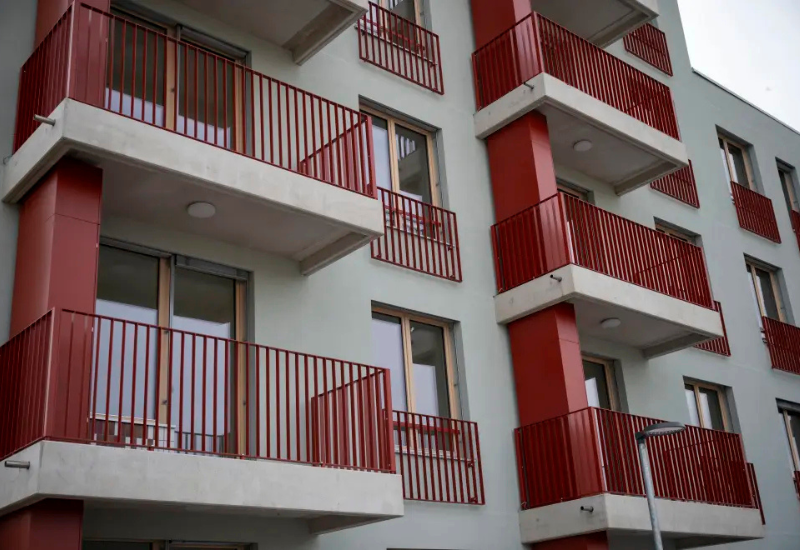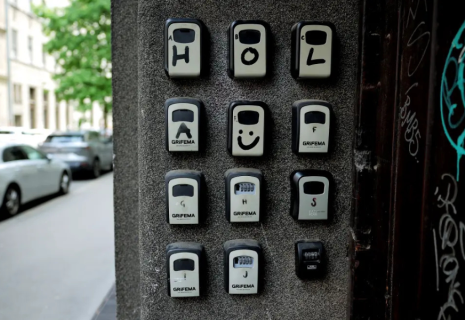
Slovenia faces dire shortage of affordable housing
Slovenia is facing a dire shortage of affordable housing. The government has set out to alleviate the problem by investing €100 million annually over the next decade to build 20,000 new public rental homes, CE Report quotes The Slovenia Times.
Honouring one of the commitments in the coalition agreement, the government adopted a legislative package to boost the public rental housing stock on 15 May. Minister in charge Simon Maljevac hopes it can be passed by summer recess or shortly after.
The legislation is set to secure €100 million annually from 2025 to 2035, providing a stable and predictable financial framework for long-term investment. The first €100 million is already ringfenced in the 2025 budget.
More predictable financing
"For the first time in Slovenia's history, such a large amount of funding has been secured. It's particularly important that these funds are predictable and allow housing funds, municipalities and other actors to start thinking now about projects to be built in the coming years," Maljevac, the minister for a solidarity-based future, told reporters.
Under the proposal, at least €75 million annually would go to the national Housing Fund for construction and acquisition of housing and to provide loans or co-investment to municipalities, local funds and non-profit housing organisations.
The remaining €25 million would go to the state-owned SID development bank as a subsidy to provide soft loans.
The volume of loans to be provided by SID Bank will depend on the terms under which it will hire financing. Under current terms State Secretary Klemen Ploštajner estimates the lending potential could be around €70 million a year. He expects the mechanism to become operational next year.
The first €100 million will be transferred to the Housing Fund in the coming weeks as a recapitalisation. The fund currently has projects for 1,950 homes in the pipeline.
Lesser burden and more leverage for local communities
Under the current non-profit rental system, many municipalities perceive non-profit housing as a burden because the rents are too low for them to maintain them, so they often opt to sell off the housing.
Amendments to the Housing Act seek to change that through a gradual but minimal increase in non-profit rents to keep them affordable.
The bulk of the increase, 95%, would come from a new maintenance allowance, which would be higher for older housing (the ministry's estimate is up to a maximum of €2 per square metre) and lower for newer housing (up to 50 cents per m2). The allowance would have to be used for maintenance.
The subsidies for the most vulnerable tenants would be raised in accordance with the allowance.
In addition, subsides for public rental flats would no longer be paid by municipalities but by the state, while local communities would take over subsidising market rents, currently a state function. State subsidy costs are projected to rise from €12.8 million in 2025 to €20.4 million by 2030.
Municipalities and local housing funds would also gain more freedom in determining the conditions for public calls to be able to allocate housing in line with their development goals such as attracting staff.
The package is to be further amended during parliamentary procedure to also include enhanced security for landlords in a bid to encourage more private properties to be placed on the rental market.
Some solutions have already been included in the proposals, including to speed up procedures for vacating a flat as the tenancy runs out. Prior warning would no longer be required in case of certain culpable reasons, such as non-payment of rent.
The package comes after only €15 million had been secured by the state for public housing construction between 2015 and 2022.























